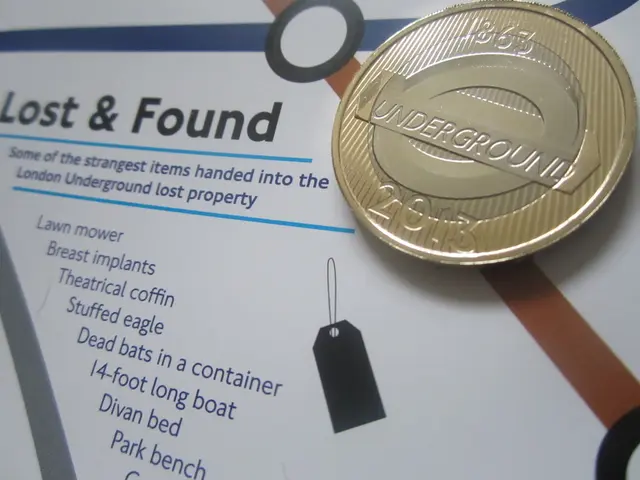Utilizing the G-Wagen as a substantial tax deduction tactic by American business owners
In a surprising twist, American entrepreneurs can now write off the purchase of a luxury vehicle like the Mercedes G-Wagen, thanks to a provision in the US tax code known as Section 179.
Initially, this tax break was designed to help businesses write off the cost of heavy-duty trucks and essential business equipment. However, the eligibility criteria have expanded to include road vehicles with a Gross Vehicle Weight Rating (GVWR) between 6,000 and 14,000 pounds, used at least 50% for business purposes.
The Mercedes G-Wagen, with its weight exceeding the 6,000-pound threshold, qualifies for this tax deduction as a heavy vehicle. This means that entrepreneurs who use a G-Wagen for business at least half the time can deduct the full purchase price (within IRS limits) on their taxes in the year of purchase, effectively turning it into a significant tax write-off.
This tax provision, originally intended for heavy-duty trucks and business equipment, has created a loophole that allows the G-Wagen to qualify, offering a unique tax advantage to American entrepreneurs.
In essence, Section 179 allows businesses to deduct the full purchase price of qualifying equipment, including vehicles with GVWR between 6,000 and 14,000 pounds. The Mercedes G-Wagen qualifies due to its weight, and if used for business purposes at least 50% of the time, it can help entrepreneurs significantly reduce their taxable income by deducting the G-Wagen’s purchase cost in the year it is put into service.
Moreover, with modern cars becoming heavier than ever, many vehicles are now eligible for tax write-offs. This development, in part, can be attributed to the IRS, which has inadvertently contributed to American entrepreneurs owning super luxurious Mercedes G-Wagens.
[1] Section 179 Deduction for Business Vehicles: https://www.irs.gov/businesses/section-179-deduction-for-business-vehicles [3] Mercedes G-Wagen Specifications: https://www.mercedes-benz.com/en/vehicles/suvs/g-class/g-wagen/ [5] IRS Limits on Section 179 Deduction: https://www.irs.gov/businesses/small-businesses-self-employed/section-179-deduction-for-business-use-of-vehicles
- The recent expansion of Section 179 eligibility criteria has allowed luxury cars like the Mercedes G-Wagen to be considered for a tax write-off, providing a unique advantage for American entrepreneurs who use this vehicle for business purposes.
- The heavyweight Mercedes G-Wagen now qualifies for the tax deduction under Section 179, which was originally intended for heavy-duty trucks and business equipment, due to its GVWR exceeding 6,000 pounds.
- In the realm of business and finance, owning a super luxurious Mercedes G-Wagen has become more attractive to entrepreneurs, as the IRS's interpretation of Section 179 inadvertently offers substantial tax savings on its purchase price.




